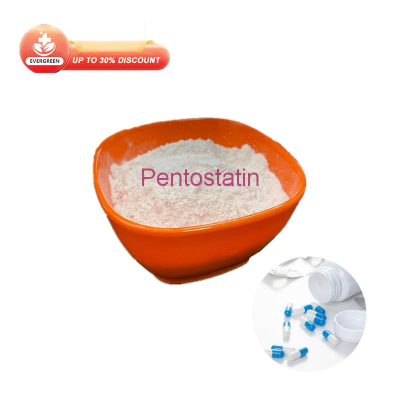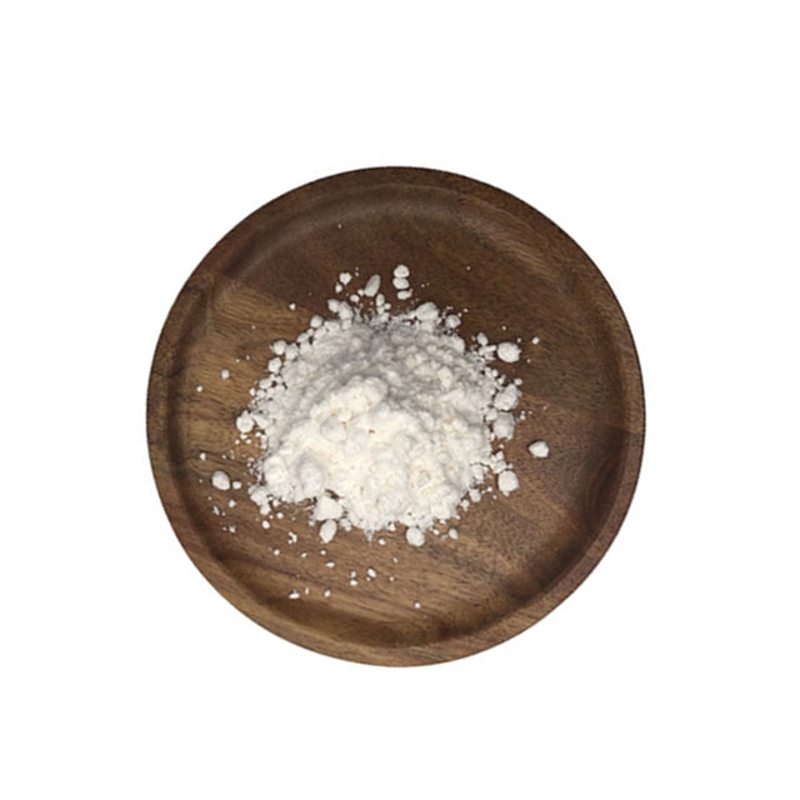Professor Chen Mingyuan's team innovation: nasal endoscopy minimally invasive surgical technology to treat the initial treatment of early nasopharyngeal cancer.
-
Last Update: 2020-07-19
-
Source: Internet
-
Author: User
Search more information of high quality chemicals, good prices and reliable suppliers, visit
www.echemi.com
Nasopharyngeal carcinoma (NPC) is a common head and neck cancer in South China.unlike other head and neck cancer, radiotherapy is the first and only radical treatment for newly diagnosed nasopharyngeal carcinoma.this is because most of the nasopharyngeal carcinoma patients are in the middle and late stage, so it is difficult to achieve radical resection; however, for a few of the early nasopharyngeal carcinoma patients who are theoretically feasible for radical resection, due to the deep position of the nasopharynx, previous surgical operations need to open the face to expose the nasopharynx, which is traumatic and has many sequelae, which is difficult to be accepted by doctors and patients; The most important thing is that nasopharyngeal carcinoma is very sensitive to radiation, and radiotherapy is effective.therefore, in the past, radiotherapy was the first choice of treatment for nasopharyngeal carcinoma, while surgery was mainly used for salvage treatment.with the popularization of health examination and the progress of tumor screening technology, more and more early nasopharyngeal carcinoma (NPC) has been found.according to a study published in the New England Journal of medicine in 2017, using EBV-DNA and other technologies to screen nasopharyngeal carcinoma can increase the diagnosis rate of stage I nasopharyngeal carcinoma from 5.8% in the past to 47.0%. However, according to NCCN guidelines, intensity-modulated radiation therapy is the only recommended treatment. Although IMRT is effective and the 5-year survival rate is more than 95%, almost all patients have acute toxicity symptoms such as oral mucositis and xerostomia; The long-term toxicity caused by radiotherapy and its relatively high treatment cost should not be ignored.the development of functional endoscopic surgery makes it possible to minimally invasive resection of nasopharyngeal tumors. However, there are still many technical bottlenecks when applied to the surgical treatment of nasopharyngeal carcinoma: the narrow nasal cavity and nasopharyngeal cavity make the operation very inconvenient; how to remove the nasopharyngeal tumor according to the principle of "no contact" tumor surgery? Nasopharynx adjacent to internal carotid artery, once injured, can appear fatal hemorrhage, how to prevent? How to repair nasopharynx wound? Professor Chen Mingyuan's team of cancer prevention and treatment center of Sun Yat sen University has taken the lead in solving the above problems through a series of technical innovations, such as "the third hand" assistant assisted technology, "dumpling" whole piece resection concept, "vascular protection stent" patent, and pedicled nasal mucosal flap repair.during the operation, the assistant used the aspirator to suck out smoke and blood accumulation through bilateral nasal approach, and cooperated with the main knife to assist traction, so as to become the "third hand" of the main knife, so as to relieve the restriction of nasopharyngeal stenosis and operation difficulty; by freeing the normal tissue around the tumor, wrapping the tumor for "dumpling like" resection, avoiding direct contact between the instrument and the tumor, and realizing the whole tumor resection In addition, for patients with tumor adjacent to internal carotid artery, internal carotid artery can be dissociated from cervical bypass and protected by vascular protection stent to avoid accidental injury and bleeding; according to the characteristics of rich nasal blood supply and network distribution, innovative use of posterior nasal septal artery as vascular pedicle, use nasal septum and nasal floor mucoperiosteal flap to repair nasopharynx wound, and solve the problem of nasopharynx repair.through a series of technical innovations, endoscopic nasopharynx resection + pedicled nasal mucosal flap repair was successfully applied to rescue treatment of locally recurrent nasopharyngeal carcinoma.previous studies have shown that minimally invasive surgery has a significantly higher 5-year overall survival rate than intensity-modulated radiation therapy for locally recurrent nasopharyngeal carcinoma, with fewer treatment-related side effects and lower medical costs.the principle of surgical resection of locally recurrent nasopharyngeal carcinoma is consistent with that of stage I nasopharyngeal carcinoma without cervical lymph node metastasis. Can this new technology be extended from locally recurrent nasopharyngeal carcinoma to radical treatment of newly diagnosed stage I nasopharyngeal carcinoma? During the 10 years from 2007 to 2017, Professor Chen Mingyuan's team carried out simple minimally invasive surgical treatment for 10 patients with newly diagnosed stage I nasopharyngeal carcinoma who refused radiotherapy. After a median follow-up of 5 years, no recurrence, metastasis or death was found in one case, and the common radiation sequelae such as xerostomia and hearing loss were completely avoided. The 5-year overall survival rate, local recurrence free survival rate, regional recurrence free survival rate and distant metastasis free survival rate of minimally invasive surgery group were similar (100% vs. 99.1%, 100% vs. 97.7%, 100% vs. 99.0%, 100% vs. 97.4%, P & gt; 0.05), but the overall medical cost was lower (27487.6 ± 10097.8 yuan) 3 ± 28510.6 yuan, P & lt; 0.001), dry mouth (3.3 ± 10.5 vs. 34.4 ± 25.8, P & lt; 0.001), saliva viscosity (3.3 ± 10.5 vs. 32.6 ± 23.3, P & lt; 0.001) were better.these preliminary results suggest that endoscopic minimally invasive surgery is effective and safe in the treatment of localized stage I nasopharyngeal carcinoma with lower treatment cost and lighter side effects.this series of research results is expected to promote the early diagnosis and treatment of nasopharyngeal carcinoma together with the emerging early screening research of nasopharyngeal carcinoma, and is expected to provide a new treatment option for patients with newly diagnosed stage I nasopharyngeal carcinoma.this achievement was published in cancer communication, a well-known Chinese Oncology journal. The corresponding surgical video articles were also employed by head neck, the top academic journal of Otolaryngology Head and neck surgery, and selected as the cover paper.after the publication of the results, it was highly praised by Melvin L.K. Chua, the authoritative radiotherapy expert of Singapore National Cancer Center, and thought it was a subversive innovation.however, Melvin L.K. Chua also pointed out that the efficacy of this new method needs more clinical practice to test.at present, Professor Chen Mingyuan's team is carrying out further clinical trials, which is expected to provide more scientific and rigorous evidence for the treatment of newly diagnosed stage I nasopharyngeal carcinoma by nasal endoscopic minimally invasive surgery. Figure 1: schematic diagram of endoscopic sinus surgery for the treatment of early stage nasopharynx; Figure 2: comparison of preoperative and postoperative endoscopic images of nasopharynx; Professor Chen Mingyuan; chief physician, doctoral supervisor; deputy director of nasopharyngeal Department of cancer prevention and control center of Sun Yat sen University; Central Organization Department Ministry of science and technology of the people's Republic of China in 2018 4 international authoritative treatment guidelines such as NCCN, 3 patents granted, and annual training courses offered by the association of Otolaryngology Head and neck surgery, American Academy of Sciences
This article is an English version of an article which is originally in the Chinese language on echemi.com and is provided for information purposes only.
This website makes no representation or warranty of any kind, either expressed or implied, as to the accuracy, completeness ownership or reliability of
the article or any translations thereof. If you have any concerns or complaints relating to the article, please send an email, providing a detailed
description of the concern or complaint, to
service@echemi.com. A staff member will contact you within 5 working days. Once verified, infringing content
will be removed immediately.







